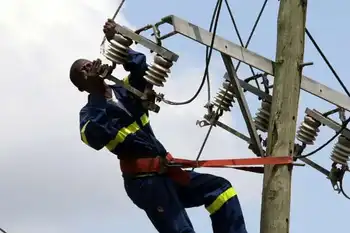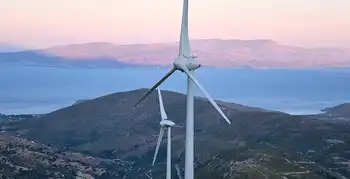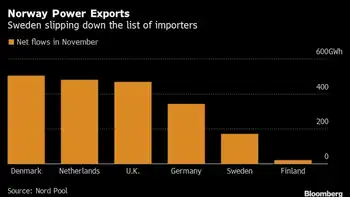California utilities commission announces climate credit
SAN FRANCISCO, California - - The California Public Utilities Commission CPUC and California Air Resources Board recently announced that millions of California households will see a credit averaging $35 on their April 2014 electricity bills thanks to a State program to fight climate change by reducing greenhouse gas emissions.
California consumers can save even more money by investing the bill savings in energy efficient home upgrades, including more efficient lights and appliances.
“The Climate Credit is made to households and small businesses to promote a cleaner, more energy efficient California, giving millions of Californians a stake in the fight for clean air and a healthy environment,” said CPUC President Michael R. Peevey. “By investing their Climate Credit in simple items to improve energy efficiency – like LED lights or smart thermostats – consumers and businesses can save energy, reduce costs, and join with the State of California to fight climate change.”
Households and small businesses do not need to do anything to get the credit. Households will see the Climate Credit on their April and October bills each year, regardless of energy consumption or bill amount.
Small businesses will receive the Climate Credit every month, as a credit related to the amount of electricity used. Those customers include commercial, industrial, and agricultural customers, as well as nonprofits and schools that typically use less than 20 kilowatts of power each month.
“The Climate Credit is part of an array of programs developed by California to fight climate change and improve air quality. This includes cars that use less gas, cleaner electricity, and more energy efficient homes. This saves money and cleans the environment,” said Mary D. Nichols, Chairman of the California Air Resources Board, which is the lead agency for implementation of the Global Warming Solutions Act of 2006.
“If homeowners and businesses use the credit to purchase some of the newest energy efficient light bulbs or other energy-saving equipment they will save even more," added Nichols.
Customers of the stateÂ’s investor-owned utilities, including Pacific Gas and Electric Company, Southern California Edison, and San Diego Gas & Electric, will receive a Climate Credit that is designed to help California fight climate change and clean the air. The credit comes from payments by power plants and industries that, under CaliforniaÂ’s climate program, purchase permits when they put carbon pollution into the air. The credit is calculated according to rules established by the CPUC.
The Climate Credit is one of many programs developed as a result of landmark legislation called the Global Warming Solutions Act of 2006, which puts California at the forefront of efforts to battle climate change by requiring that greenhouse gas emissions be reduced to 1990 levels by 2020.
Other programs include a nation-leading requirement that by 2020, a third of electricity used in California must come from clean, renewable sources like wind and solar. The stateÂ’s Low Carbon Fuel Standard will deliver a new generation of cleaner fuels, including renewable fuels like biodiesel. And CaliforniaÂ’s zero-emission vehicle regulation requires that one of every seven cars sold in 2025 be fully zero-emission, a mandate supported by Governor BrownÂ’s 2012 Executive Order to provide fueling infrastructure for these ultra-clean cars.
Related News

Kenya Power on the spot over inflated electricity bills
KENYA - Kenya Power is again on the spotlight following claims of inflated power bills and a glitch in its electronic payment system that made it impossible to top up tokens on prepaid meters.
Thousands of customers started experiencing the hitch in tokens generation on Friday evening, with the problem extending through the weekend.
Small businesses such as barber shops that top up multiple times a week were hardest hit.
“My business usually thrives during weekends but I was forced to close early in the evening due to lack of power although I had paid for the tokens that were never generated,” said…




